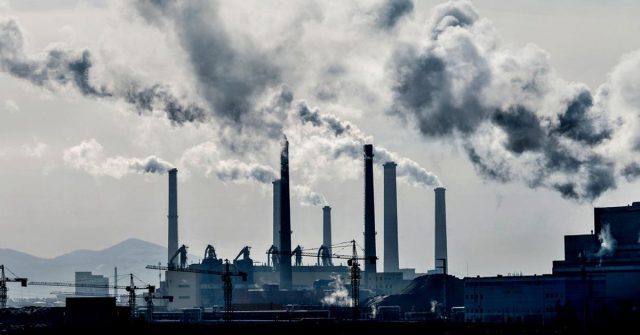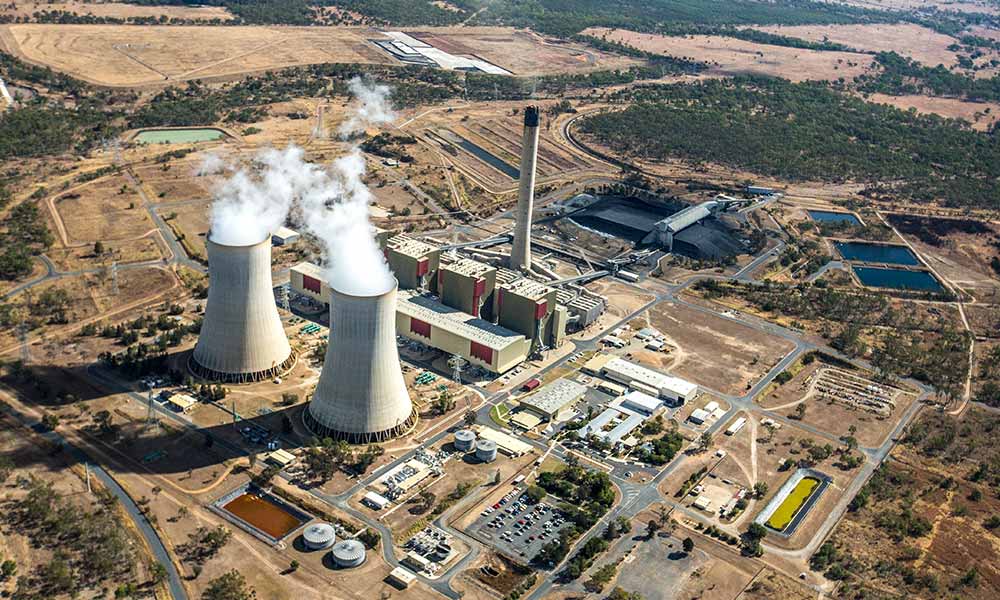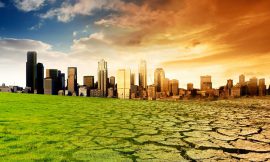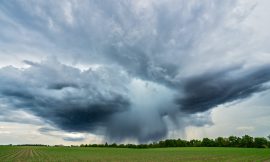The longer we delay taking action on climate change and global warming, the more serious the consequences will be. Amidst droughts, hurricanes, wildfires and record-breaking temperatures both high (and low), there is still time to slow down and minimize the effects of climate change.
The Term “Global Warming” Is Often Used To Describe The Phenomenon.
Our planet’s temperature has been steadily rising due to a buildup of carbon dioxide in the atmosphere. Carbon dioxide, gas, nitrous oxide, tropospheric smog, and chlorofluorocarbons are among the gasses that contribute to global warming (CFCs). Solar energy can pass through the atmosphere and reach Earth’s surface thanks to these structures. Global warming is caused by greenhouse gasses trapping longwave radiation, which emanates out from the planet’s surface. The “greenhouse effect” refers to this phenomenon.
In and of itself, the greenhouse effect poses no danger. Indeed, without it, Earth would be too cold to support life. Climate change is only serious when fossil fuels are used in concert with other sources of greenhouse gas emissions. Carbon dioxide (CO2) is the primary greenhouse gas released through the combustion of fossil fuels such as coal, oil, and fossil fuels. As a result, our planet’s ability to keep a constant temperature is compromised since the emitted gasses accumulate quicker than the environment can absorb them. There has never before been a time when our planet’s atmosphere contained concentrations of gasses like carbon dioxide, methane, and nitrous oxide that we’re witnessing now.
Warming Are Two Different Terms For The Same Phenomenon
Climate change and global warming are commonly conflated, and there are some few key differences between the two. In contrast to global warming, climate change encompasses not only temperature increase, but also its side effects—events such as melting ice caps and heavier rainstorms, freezing cold snaps, or severe drought that lead to uncontainable wildfires—which are not only caused by warming but are also caused by warming.
Scientists and government officials typically refer to global warming as a result of human-caused emissions of greenhouse gasses in the atmosphere from fossil fuel consumption. Climate change, on the other hand, can be both man-made and natural.

Which Electricity Plans And Rates Are Available To Me?
Is Global Warming Having An Impact?
Whether you decide to use the phrase “global warming” or “climate change” in a more specific or more general sense, you are still referring to the same concept: the accumulation of too much heat in Earth’s system. Both of these beliefs have a long-term, irreparable influence on life on Earth. The effects of global warming will worsen and grow more extreme if we do not take measures to slow it down.
Storms And Flooding
Increasing temperatures will lead to more climate – related hazards, such as climate extremes. Long periods of record-breaking heat, powerful storms, and, in some regions, both floods and droughts, have plagued the United States over the last fifty years.
Intense Summertime Heat
Abnormally hot weather can continue anywhere from a few days to several weeks. More and more of them have occurred recently, particularly in 2011 and 2012. The number of extreme heat waves was almost quadruple the long-term norm.






